Ali Eren, Member of the Board of Directors of the Turkish Machinery Federation and Assembly Member of the Istanbul Chamber of Industry, made a statement on behalf of Flat Steel Users; “Flat steel products are used extensively as critical raw materials for important export-oriented sectors of our country such as steel pipe, rolling, white goods, automotive, shipbuilding, boiler, radiator, machinery manufacturing. By using flat steel as an input, these sectors provide employment for about 1 million people and realize about 25 percent of Turkey's exports (about 64 billion dollars). However, the recent protection and high taxes imposed on imports of flat steel products have caused these important sectors, which use flat steel in their production, to experience serious problems in both production and exports. This cost increase in flat steel inputs also causes inflation to increase.” He said.
“Import dependency is high not only in flat steel but also in liquid steel and intermediate products”
Stating that the Turkish steel industry is highly dependent on imports for raw materials and energy resources, Eren said; “In 2023, the import rates of coal, iron ore, scrap and energy used for liquid steel production amounted to approximately 70 percent. In the flat steel sector, although the necessary investments to become self-sufficient are ongoing, despite the capacity increases, it cannot meet the expectations of the sectors in terms of quality, deadline and price in the domestic market and cannot substitute imports.
Import dependency is also high in liquid steel and intermediate products. While liquid steel capacity utilization rates in flat products are around 65 percent, producers prefer to increase slab imports instead of increasing capacity utilization. In 2023, 2.8 million tons of slab imports worth USD 1.6 billion were realized. While these data clearly demonstrate the external dependence of the flat steel sector and the necessity of imports, the protection and high taxes imposed on the import of these critical raw materials put our industry in difficulty.” He continued his words by saying.
“Safeguard measures and high taxes create inflationary pressure”
Stating that the taxes applied to flat steel products have been increased rapidly in recent years, and that the supply of raw materials from these countries has become difficult due to anti-dumping lawsuits filed against high quality steel producing countries such as the European Union, South Korea and Japan, Eren said; “As of 2023, a customs duty of 15 percent is applied to hot sheet imports, which is the highest level in our history. In addition, the fact that we have lost two important suppliers in our near geography due to the Russia-Ukraine war has further increased the difficulties in accessing raw materials. Despite such restrictions on hot rolled steel imports, exports of hot rolled steel from Turkey have recently been eased under the European Union's safeguard measures and export volumes have increased accordingly. This situation further complicates the current situation as an artificial shortage in the supply of flat steel raw materials for the industry.
High customs duties and protection measures seriously affect our supply chain and weaken the competitiveness of our industry. Domestic hot rolled steel sheet prices in Turkey have become 20 percent more expensive than Far East prices. These costs are reflected in the finished product prices of sectors such as steel pipe, rolling, white goods, automotive, shipbuilding, boiler, radiator and machinery manufacturing, which use flat steel in their production, and are reflected as a negative impact on the anti-inflationary policies being implemented.”
“Affordable input imports are essential for the strength of our industry in exports and for reducing the current account deficit”
Ali Eren said, “As flat steel users, we would like to emphasize that limiting the import of this important raw material and making it more expensive will reduce our exports by losing our competitiveness in the finished products we produce, and thus will cause an increase in our country's current account deficit.
Especially in this conjuncture in which our export markets are shrinking, the expensiveization of our raw materials makes the current situation even more troublesome. It should not be forgotten that the protection rates imposed on flat products under different names will also fuel inflation with cost increases that will be reflected in our finished products.
If protection is necessary, it will be possible to protect all domestic value added by protecting the industrial end products, not the raw material input, which is the lowest layer of the supply chain. Otherwise, protection applied to the lowest layer damages the end product and domestic added value.
In order for our sectors to maintain their current status and export potential and to prevent unnecessary cost increases in the domestic market and price reflections that will negatively affect inflation, we demand a review of import restrictions and high tax and protection rates.
The protection of strategic tools such as the 'Inward Processing Regime' (DIR), especially in exports, is essential for our exporters to maintain their competitiveness.
As Flat Steel User Sectors, which realize 25 percent of Turkey's exports as industrial products, we announce to the public that we will follow all decisions to be taken regarding flat steel on behalf of our industry, our employees and our people.” He said.



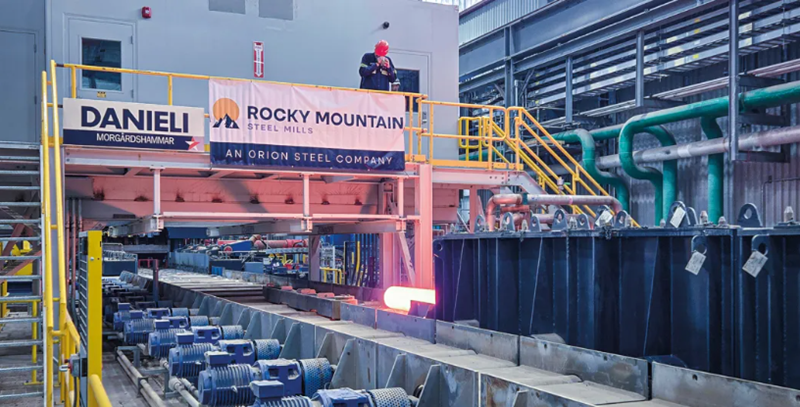
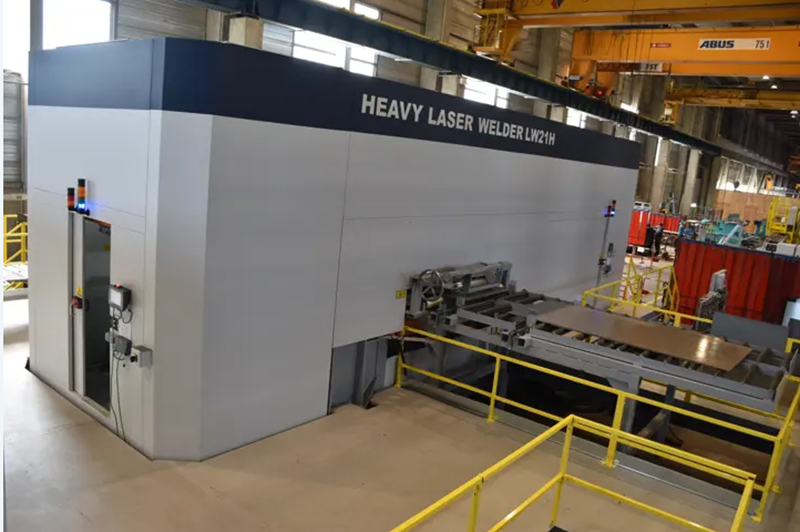
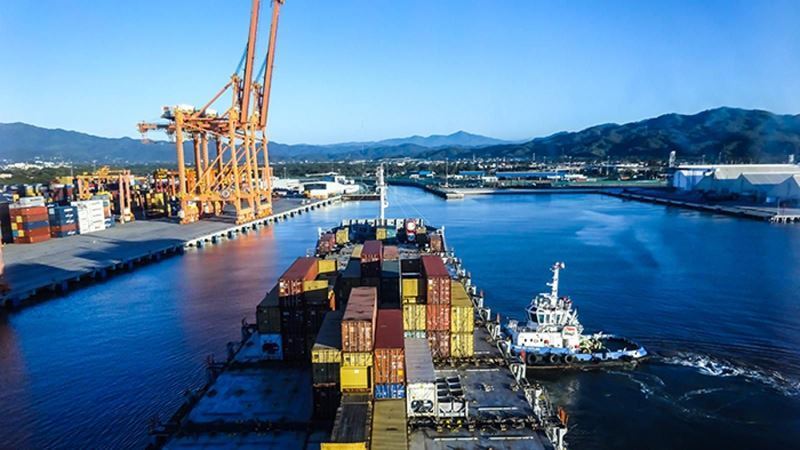
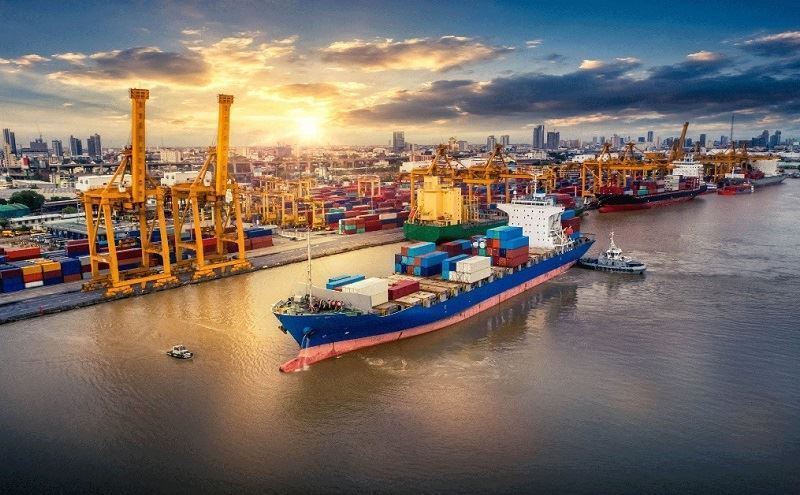
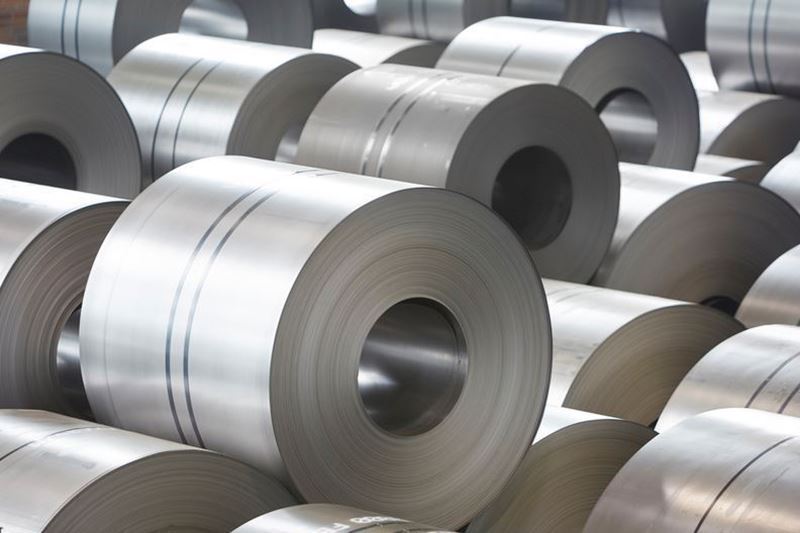

Comments
No comment yet.